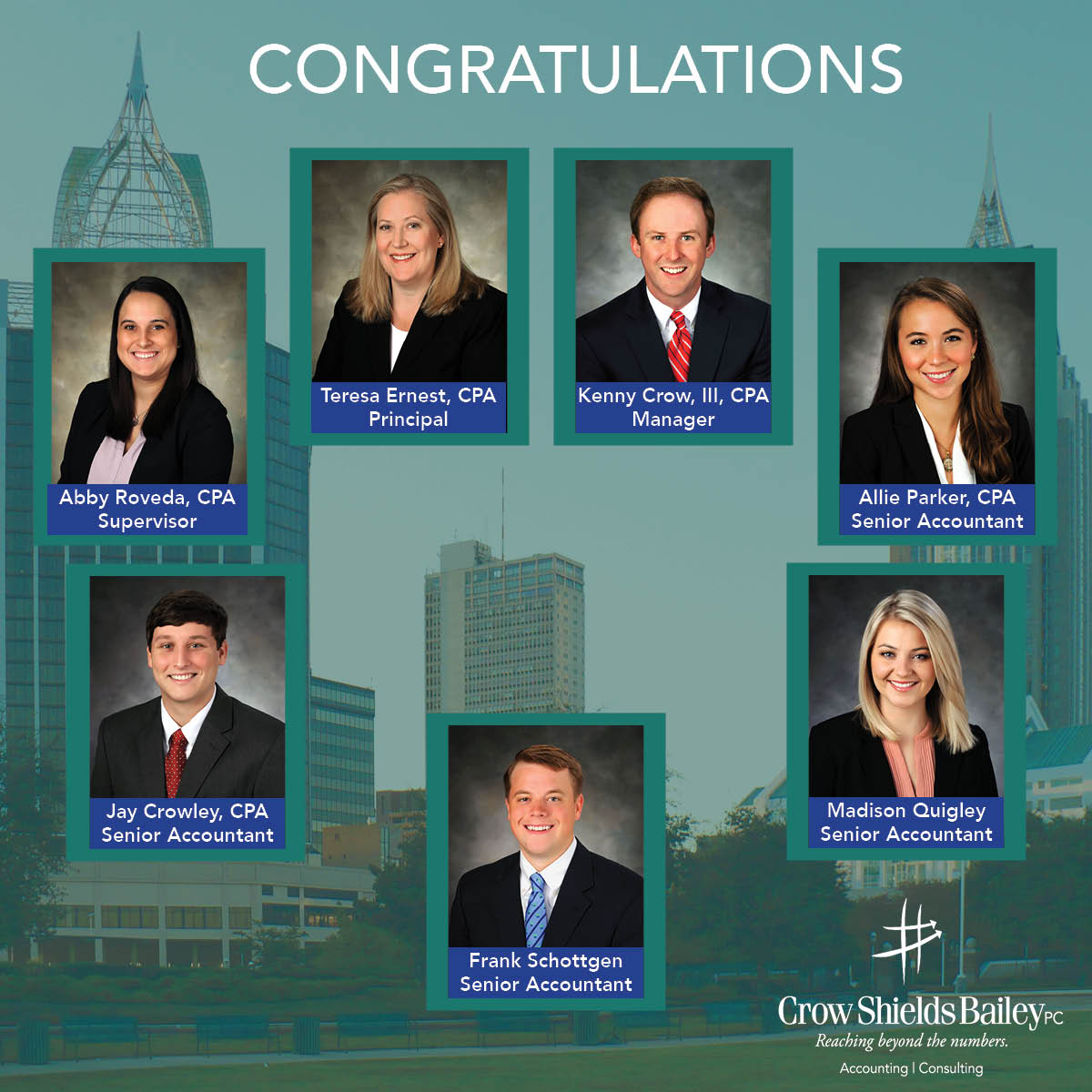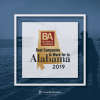
In response to the COVID-19 pandemic, Congress passed, and the President signed into law on March 18, 2020, the Families First Coronavirus Response Act. The Act contains two sections that significantly alter the FMLA: the Emergency Paid Sick Leave Act and the Emergency Family and Medical Leave Expansion Act (“FMLA Expansion”).
For full-time employees with more than 30 days of work history, the two sections work in conjunction to mandate 12 weeks of partially paid leave due to a school or child care facility closure. As a stand-alone section, the Paid Sick Leave Provisions mandate 10 days of paid sick leave for all employees, regardless of work history.
To offset the cost of the Act, covered employers will receive dollar for dollar tax credits against quarterly payroll taxes, subject to the requirements of forthcoming Treasury Department regulations.
For small businesses, the Act is expected to provide some flexibility with respect to workers who return to work following a COVID-19 related illness or event, including whether or not they are allowed to return to work at all. In some cases, small businesses may be exempted from the paid leave provisions of the Act entirely.
Covered employers must be prepared to implement the provisions of the Act on or before April 2, 2020. Covered employers are businesses with up to 500 employees. The provisions of the Act are temporary and will automatically sunset on December 31, 2020.
Emergency Paid Sick Leave Act
Under the Emergency Paid Sick Leave Act, employers with fewer than 500 employees and government employers are required to provide all employees with paid sick leave for the following Covid-19 related reasons:
- The employee is subject to a federal, state, or local quarantine or isolation order;
- A health care provider has advised the employee to self-quarantine;
- The employee has symptoms of COVID-19 and is seeking diagnosis;
- The employee is caring for an individual subject to a federal, state, or local quarantine or isolation order related to COVID-19 or who has been advised to self-quarantine by a health care provider;
- The employee is caring for a child whose school or place of care has been closed, or whose child care provider is unavailable due to COVID-19 precautions; or
- The employee is experiencing any other substantially similar condition specified by the Secretary of Health and Human Services.
For qualifying circumstances, employers are required to provide 10 days or 80 hours of paid sick leave at the employee’s regular rate, but not more than $511 per day or $5,110 in aggregate. Those qualifying circumstances are:
- The employee is subject to federal, state, or local quarantine or isolation order.
- A health care provider has advised the employee to self-quarantine.
- The employee has symptoms of COVID-19 and is seeking diagnosis.
For other qualifying circumstances, the employer is required to pay 2/3rds of the employee’s regular pay, subject to a maximum of $200 per day and $2,000 in aggregate for the first 10 days of leave. Those qualifying circumstances are:
- The employee is caring for an individual subject to a federal, state, or local quarantine or isolation order related to COVID-19 or who has been advised to by a health care provider to self-quarantine.
- The employee is caring for a child if the child’s school or place of care has been closed, or the child care provider is unavailable due to COVID-19 precautions.
- The employee is experiencing any other substantially similar condition specified by the Secretary.
FMLA Expansion
The FMLA Expansion requires employers having less than 500 employees to provide 12 weeks of job protected FMLA leave to eligible employees who are unable to work because their child’s school or place of care has been closed, or the child care provider is unavailable due to the COVID-19 health emergency
The first 10 days of this leave is typically unpaid; however, some employees may qualify for pay during the first 10 days of leave under the Emergency Paid Sick Leave Act. During these first ten days, employees may use their accrued sick leave or PTO, but employers may not require that they do so. After the first 10 days, employers are required to pay qualifying employees 2/3 of their regular compensation, but no more than $200 per day or $10,000 total, for ten weeks if there is a public health emergency related school or child care closure.
Under the FMLA Expansion, the usual FMLA requirement that an employee must have been employed for at least 12 months and have worked 1,250 hours to be eligible for leave do not apply. Any employee is covered if the employees has been employed for at least 30 calendar days.
Job Protected Leave
Prior to the amendment, the FMLA required that an employee returning from leave be restored to the employee’s original job or to an equivalent job with equivalent pay, benefits, and other terms and conditions of employment. The Act leaves in place most of the key job protection provisions of the FMLA without any change. However, there is one significant change affecting small businesses. Under the FMLA Expansion, the job restoration requirements will not apply to employees who take COVID-19 related leave if they are employed by an employer with fewer than 25 employees and these conditions are met:
- The employee’s job no longer exists on account of economic conditions related to the outbreak of the coronavirus;
- The employer makes reasonable efforts to restore the employee to an equivalent position; and
- The employer makes reasonable efforts to contact the former employee for up to one year if a position becomes available.
Exemptions for Certain Businesses
The Secretary of Labor may choose to exempt small businesses with fewer than 50 employees if the sick leave mandate “would jeopardize the viability of the business as a going concern.” The Secretary is expected to issue guidance and regulation with respect to this provision. The Secretary is also expected to issue regulations that exclude certain health care providers and emergency providers from coverage if their employer chooses to opt out of the paid sick leave mandate.
Noticing Issues
By Employer: Employers falling under the provisions of the Act must post conspicuous notices of the Act in the workplace once the Secretary of Labor provides the form of the notice.
By Employee: Under the Act, if the leave is COVID-19 related, an employee does not have to give the employer notice prior to beginning leave. After the first workday of COVID-19 related paid sick leave, the employer can require the employee to follow reasonable notice procedures for the use of additional paid sick leave. The employer cannot require the employee to look for a replacement worker.
Tax Credits
The Act includes a dollar-for-dollar tax credit in an amount equal to the sick and FMLA leave required to be paid under the Act, subject to the following caps:
- $200 per day per employee up to $10,000 for all calendar quarters for paid family leave; and
- $511 per day per employee up to $5,110 for all calendar quarters for paid sick leave.
The credit is applied against the employer share of FICA taxes.
In addition to the tax credit, amounts paid for sick and FMLA leave under the Act are not included in wages for purposes of the employer share of Social Security tax. Although the benefits are not excluded from wages for purposes of the employer share of Medicare taxes, the credit calculation will offset the employer share of Medicare tax due on the leave payments.
Leave payments are subject to the withholding of both federal income tax wages (and state income tax in most states) and all employee FICA taxes.
Alexandra K. Garrett is an attorney at Silver Voit & Thompson, Attorneys at Law, P.C. She was raised in Fairhope, Alabama where she currently lives with her husband and sons. She obtained her B.A. in Communications from Spring Hill College in 2004 and her JD from University of Alabama School of Law in 2007. Alex’s practice focuses on business advising, employment law, business bankruptcy, and wealth and estate planning. She may be reached at (251) 338-1081 or [email protected].
Matthew Butler is an attorney at Silver Voit & Thompson, Attorneys at Law, P.C. He was born and raised in Mobile, AL. He received a B.S. in Economics from the Wharton School of the University of Pennsylvania in 2003 and subsequently worked for Deutsche Bank Securities as an associate. Matt obtained his JD from the University of Alabama School of Law in 2011. His practice focuses on business advising, business bankruptcy, and wealth and estate planning. Matt is married to Dr. Kristen M. Butler, an area surgeon, and they are the proud parents of four children. He may be reached at (251) 338-1084 or [email protected]














 July 29, 2019
July 29, 2019


